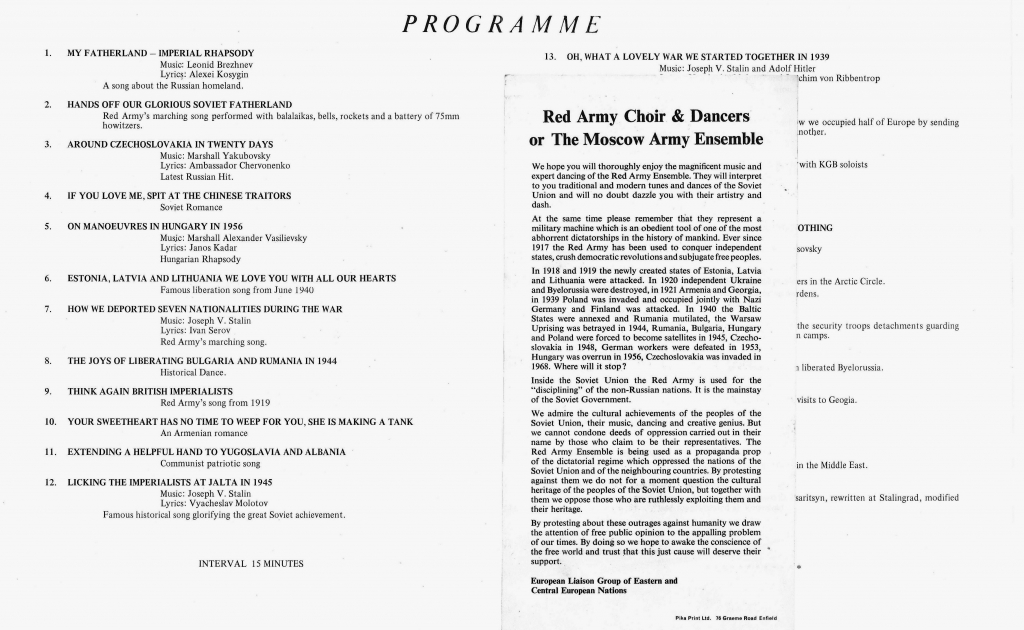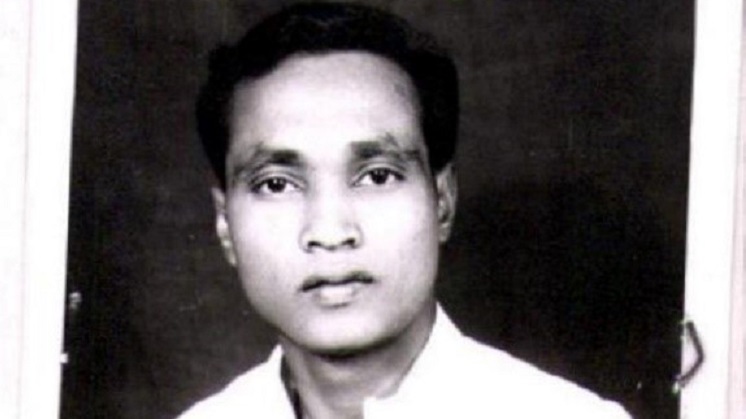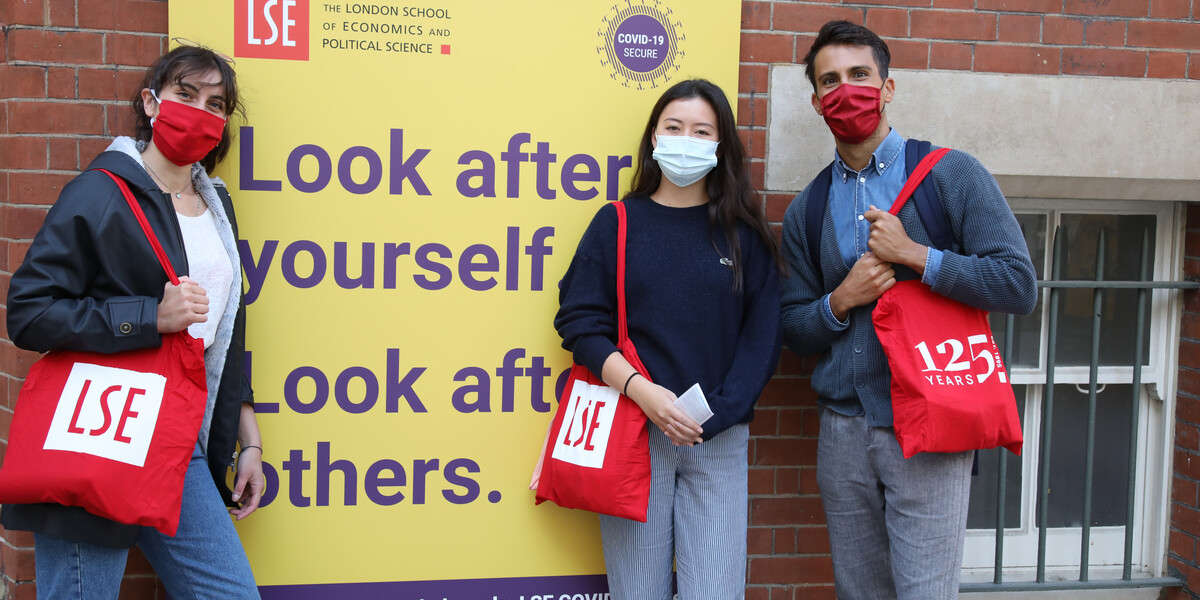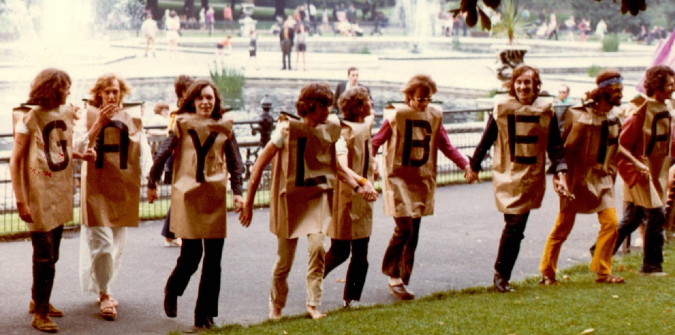LSE’s Library, the British Library of Political and Economic Science, opened in November 1896. In a series of posts celebrating LSE Library’s 120th anniversary in 2016, Kate Higgins shares the story of one of LSE’s newest collections, the European Liaison Group archive.
The archive of the European Liaison Group (ELG), an anti-Soviet campaign group for Eastern and Central European exile communities, was donated to LSE Library in 2015 after it was rescued from a garage sale during the closure and sale of Velehrad (22 Ladbroke Square, London), home of ELG Chairman Dr Ramishvili and the site of some ELG meetings. The archive has been catalogued and is now available to view in the LSE Library. Its catalogue can be explored here.
The ELG was founded in 1969 and had three principal aims: 1) To defend the human and national rights of its delegates’ nations. 2) To co-ordinate the joint struggle against Soviet domination and communist totalitarianism. 3) To restore to their countries their national independence, with a democratic political system. It was governed by a Council consisting of delegates from fourteen exile groups in Britain: Albania, Bulgaria, Byelorussia, Czechoslovakia, Estonia, Georgia, Hungary, Latvia, Lithuania, Poland, Romania, Russia, Ukraine and Yugoslavia.
The collection contains minutes of ELG Council meetings, correspondence and other administrative papers, memoranda, ephemera and pamphlets. These papers cover several topics of particular interest to those studying Government, International History, International Relations or Sociology:
- Political migrancy and refugeeism, and exile communities in the UK.
- Human rights: including non-compliance with the Helsinki Agreement and campaigns for the release of Soviet dissidents such as Vladimir Bukovsky and Andrei Sakharov.
- The anti-Soviet, anti-communist movement in the UK and abroad, and relations with other groups within this movement (such as the World Anti-Communist League, now the World League for Freedom and Democracy).
- International relations, particularly between Eastern and Western Europe during the Cold War.

This mock concert programme is one of my favourite items in the collection. As part of its efforts to fulfil its aims and objectives, the ELG protested against any perceived signs of positive support for the Soviet Union shown by the UK. These signs included visits by the Red Army Ensemble to perform concerts in 1970-1971. The document uses wit to satirise a typical folk music and dance concert programme in order to argue against the Ensemble’s visit. Its insert helps to push the point by praising the cultural achievements of the Soviet peoples whilst decrying the Ensemble’s use as a propaganda tool for the Soviet Government.
Posts about LSE Library explore the history of the Library, our archives and special collections.





